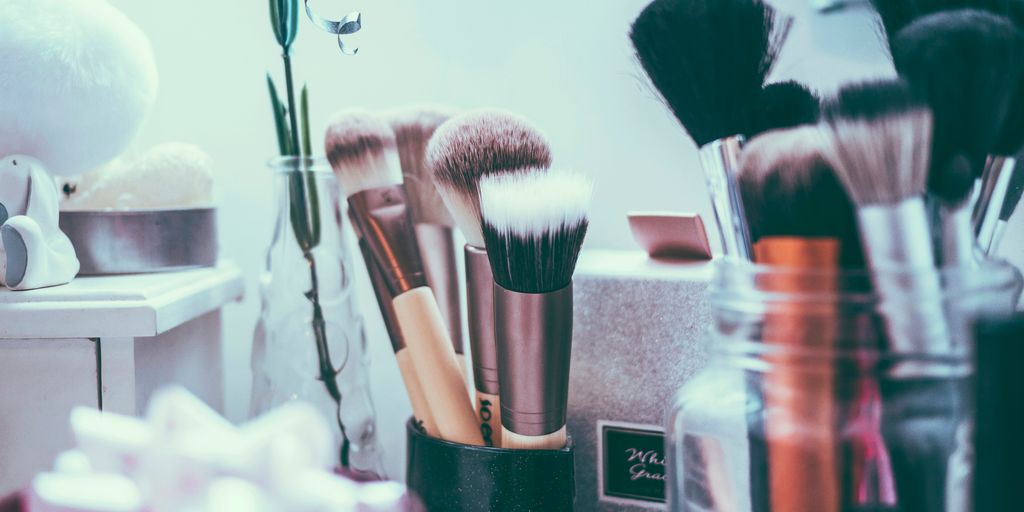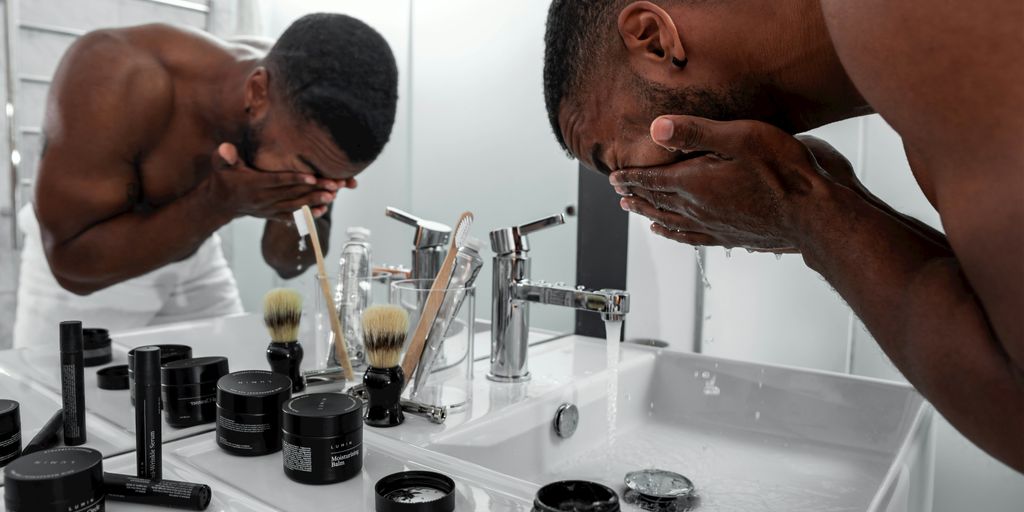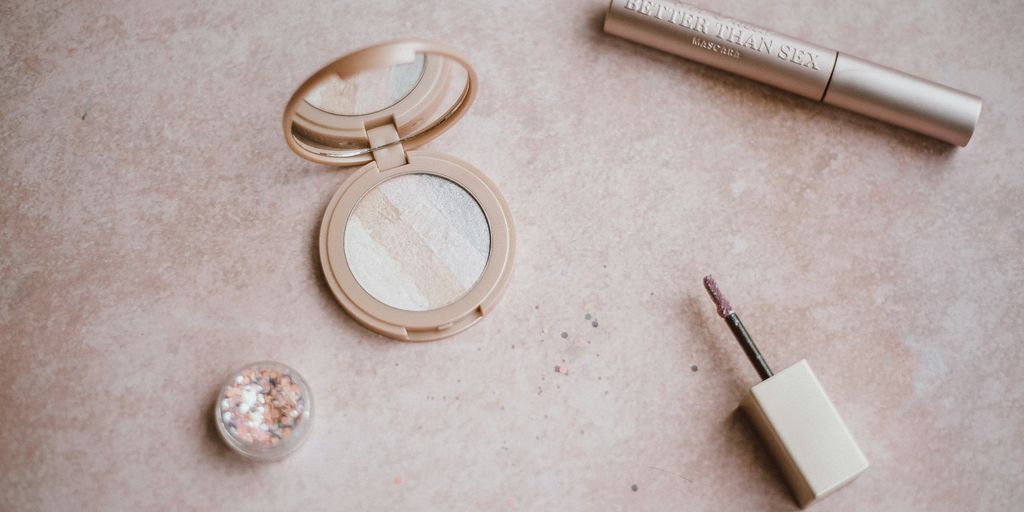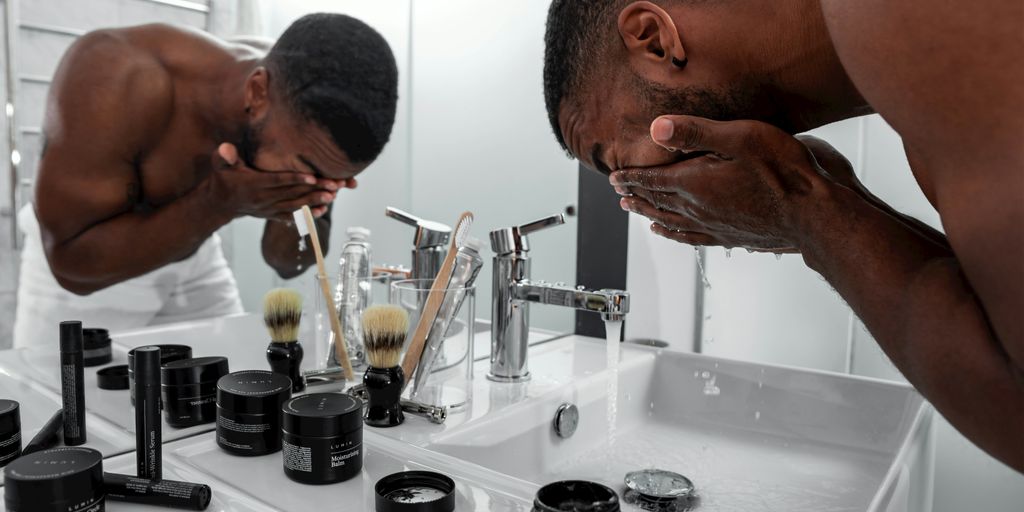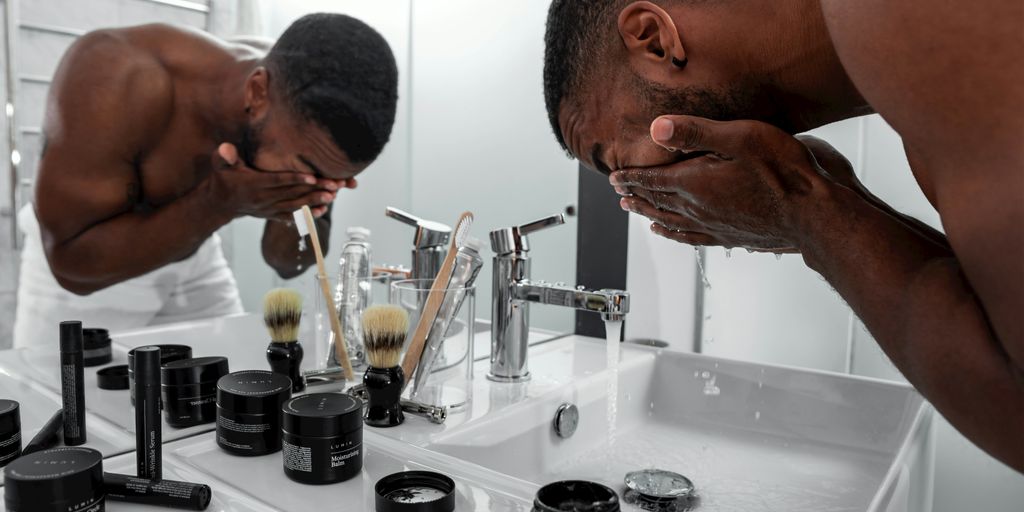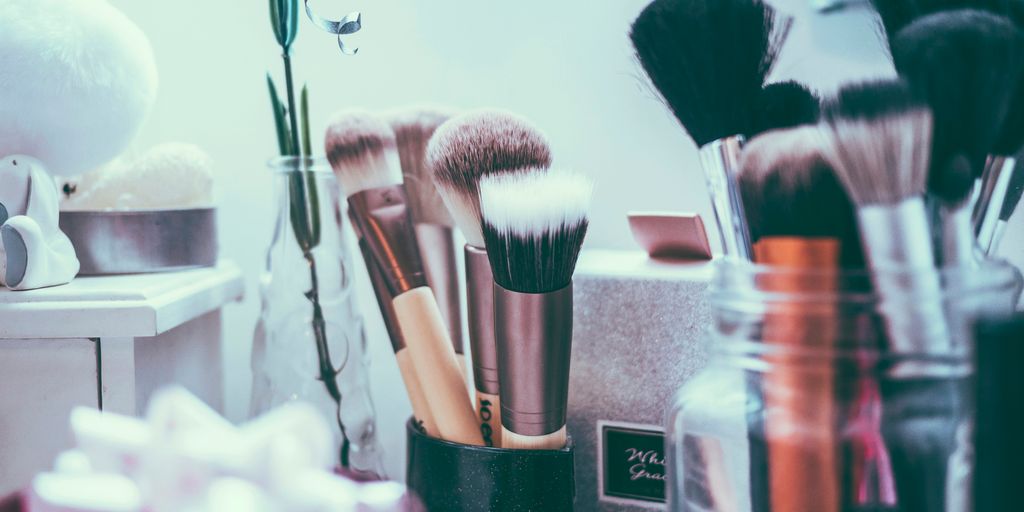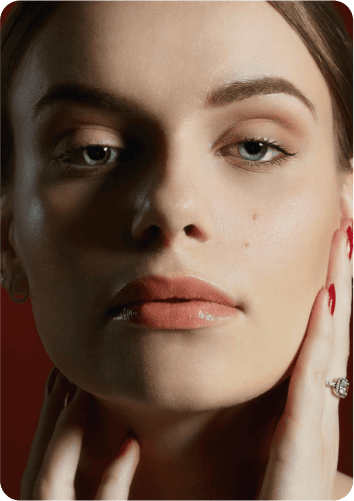As a vegan, I always want to know if the products I use are cruelty-free. Bath and Body Works is super popular for its body lotions and candles, but there’s been a lot of chatter about whether they’re actually cruelty-free or not. This article digs into their animal testing policies, especially with their recent expansion into China, and what it all means for consumers like us. Let’s get to the bottom of this and figure out if Bath and Body Works is truly cruelty-free.
Key Takeaways
- Bath and Body Works is not considered cruelty-free due to its animal testing policies.
- The brand tests on animals in markets where it’s required by law, like China.
- Consumer awareness is key; we can influence brands by supporting cruelty-free alternatives.
- There are many cruelty-free brands available that offer similar products.
- It’s important for consumers to educate themselves about the brands they choose to support.
Understanding Cruelty-Free Standards
Defining Cruelty-Free
Okay, so what does "cruelty-free" really mean? It’s not as straightforward as you might think. Basically, it should mean that a product wasn’t tested on animals at any stage of its development. This includes the ingredients themselves and the final product. However, there’s no single, universally accepted definition, which can make things confusing. Some companies might claim to be cruelty-free because they don’t test the final product on animals, but their suppliers might test the ingredients. It’s a bit of a gray area, and that’s why it’s important to dig a little deeper.
Importance of Cruelty-Free Certification
Think of cruelty-free certifications like a stamp of approval. Organizations like Leaping Bunny and PETA have pretty strict standards that companies need to meet to get certified. These certifications usually mean that a third party has verified that the company isn’t testing on animals, and that their suppliers aren’t either.
Here’s why certifications matter:
- They provide assurance that a company is actually following through on its cruelty-free claims.
- They make it easier for consumers to make informed choices.
- They help to promote ethical practices in the beauty industry.
Without these certifications, it’s hard to know for sure if a company is truly committed to being cruelty-free. It’s like taking someone’s word for it versus having documented proof.
Common Misconceptions About Cruelty-Free
There are a lot of misunderstandings floating around about what cruelty-free actually means. One big one is that cruelty-free automatically means vegan. It doesn’t. Cruelty-free only refers to animal testing, while vegan means the product also doesn’t contain any animal-derived ingredients (like honey, beeswax, or lanolin). Another misconception is that if a product is made in the USA or Europe, it’s automatically cruelty-free. While these regions have regulations, they don’t always cover every aspect of the supply chain.
It’s easy to assume that all cruelty-free products are also natural or organic, but that’s not necessarily the case. Cruelty-free simply means no animal testing was involved. The ingredients themselves could still be synthetic or processed. Always read the label carefully to know what you’re really buying.
It’s up to us as consumers to stay informed and not just take marketing claims at face value.
Bath and Body Works’ Animal Testing Policies
It’s important to understand where Bath and Body Works stands on animal testing. It’s a topic that many of us care deeply about, and it can influence our purchasing decisions. Let’s take a look at their official statements, how they operate in different markets, and what consumers are saying.
Official Statements from the Brand
Bath and Body Works states that they don’t conduct animal testing on their products. However, it’s a bit more complex than that. Their policy includes a caveat about adhering to local laws, which can be a sticking point. This means that if a country requires animal testing, they might comply with those regulations to sell their products there.
Testing Practices in Different Markets
The big question mark hangs over their presence in China. China’s regulations have historically required animal testing for many imported cosmetics. While there have been some changes, it still raises concerns. This situation makes it difficult to definitively call Bath and Body Works a cruelty-free brand, as their practices can vary depending on where they’re selling their products.
Consumer Reactions and Concerns
Many consumers are uneasy about the brand’s stance. There’s a growing awareness of animal welfare, and people are actively seeking out brands that align with their values. The lack of a clear, unwavering commitment to cruelty-free practices has led some shoppers to look for alternatives.
It’s understandable to feel conflicted. We want to enjoy the products we love, but not at the expense of animal welfare. Staying informed and making conscious choices is key.
The Impact of Expansion into China
Regulations on Animal Testing in China
China’s regulations around animal testing have been a hot topic for years. It used to be that all imported cosmetics had to undergo animal testing. This was a big hurdle for brands wanting to sell in China while maintaining a cruelty-free status. Things are changing, though. There have been some updates allowing certain products to bypass mandatory testing, but the situation is still complex and varies depending on the product type and how it’s sold. It’s a bit of a gray area, and brands have to carefully consider the implications.
How Expansion Affects Cruelty-Free Claims
When a brand like Bath and Body Works expands into China, it throws a wrench into their cruelty-free claims. Even if they don’t directly conduct animal tests, the fact that their products might be subject to testing in China to comply with local laws raises ethical questions. Consumers are getting smarter and want to know the full picture. It’s not enough to just say you don’t test; people want to know if your products are being tested by someone else, somewhere else, to get into a specific market. This expansion can damage a brand’s reputation among conscious consumers.
Consumer Awareness and Brand Responsibility
Consumers are more aware than ever about animal testing. Social media has played a huge role in spreading information and holding brands accountable. People are actively seeking out cruelty-free options and are willing to switch brands if they find out a company isn’t truly committed to animal welfare. Brands have a responsibility to be transparent about their practices and to actively work towards eliminating animal testing from their supply chains. It’s not just about following the law; it’s about doing what’s right.
Brands need to prioritize ethical practices and transparency to maintain consumer trust. This includes actively seeking alternatives to animal testing and advocating for regulatory changes in countries where testing is still required.
Here are some ways consumers can stay informed:
- Research brands thoroughly.
- Look for cruelty-free certifications.
- Read product labels carefully.
Alternatives to Bath and Body Works
It can be a bummer to realize a brand you like might not align with your ethics. If you’re looking to move away from Bath and Body Works due to their animal testing policies, don’t worry! There are tons of great alternatives out there that are both cruelty-free and offer amazing products.
Popular Cruelty-Free Brands
So, you’re ready to make the switch? Awesome! There are so many brands that prioritize being kind to animals. Here are a few popular options to get you started:
- Lush: Known for their bath bombs and commitment to ethical sourcing, Lush is a go-to for many. They have a wide range of products, and everything is clearly labeled.
- The Body Shop: This brand has been a long-time advocate for cruelty-free practices. They offer everything from skincare to body care, and they’re easily accessible.
- Pacifica: If you’re looking for something a bit more budget-friendly, Pacifica is a great option. They have a huge range of products, and they’re all 100% vegan and cruelty-free.
Vegan Options in the Market
Finding vegan options can feel like a treasure hunt sometimes, but it’s getting easier! Many cruelty-free brands also offer fully vegan lines, meaning they don’t use any animal-derived ingredients. Keep an eye out for certifications like the Vegan Action logo. Even better, many brands clearly label their vegan products, making it super easy to shop. Don’t be afraid to check the ingredient list, either! Common animal-derived ingredients to watch out for include beeswax, honey, and lanolin.
How to Choose Ethical Products
Choosing ethical products goes beyond just looking for a cruelty-free label. Here’s a quick guide to help you make informed decisions:
- Look for Certifications: Leaping Bunny and PETA’s Beauty Without Bunnies are two well-known certifications that ensure a brand doesn’t test on animals.
- Read Ingredient Lists: Even if a product is cruelty-free, it might contain animal-derived ingredients if it’s not vegan. Take a peek at the label!
- Research the Brand: See what the brand says about its sourcing and manufacturing practices. Transparency is key!
It’s important to remember that no brand is perfect, and ethical consumerism is a journey. Do your research, support brands that align with your values, and don’t be afraid to ask questions. Every little bit helps!
Consumer Advocacy for Cruelty-Free Practices
The Role of Consumers in Promoting Change
Consumers have real power. Our choices directly influence what companies do. It’s easy to feel like one person can’t make a difference, but when lots of people start demanding change, companies listen. By choosing cruelty-free products, we send a message that animal welfare matters. It’s about more than just buying a product; it’s about supporting a set of values.
How to Support Cruelty-Free Brands
Supporting cruelty-free brands is easier than you might think. Here are a few ways to do it:
- Look for certifications like Leaping Bunny or PETA’s cruelty-free logo. These logos mean a third party has verified the brand’s claims.
- Do your research. Check out websites and apps that list cruelty-free brands. Ethical Elephant and Cruelty-Free Kitty are great resources.
- Vote with your wallet. Choose cruelty-free options whenever possible, even if they cost a little more. Think of it as an investment in a better world.
It’s not always about perfection; it’s about progress. Every cruelty-free purchase you make is a step in the right direction.
Educating Others on Animal Welfare
One of the most effective ways to promote change is by talking to others. Share what you’ve learned about animal testing and why it matters. Here’s how you can spread the word:
- Start conversations with friends and family. Share articles, videos, or social media posts about animal testing.
- Write reviews of cruelty-free products and share them online. Let other consumers know about your favorite ethical brands.
- Support organizations that are working to end animal testing. Donate your time or money to groups like the Humane Society or the Animal Legal Defense Fund.
The Future of Cruelty-Free Beauty
The beauty industry is changing fast, and it’s exciting to see where cruelty-free is headed. More people care about how their products are made, and that’s pushing brands to be better. It’s not just a trend; it’s a real shift in what people want.
Trends in the Beauty Industry
Things are moving quickly in beauty. AI is starting to help people find the perfect products for their skin, and that’s pretty cool. But beyond the tech, there’s a big push for sustainability. Eco-friendly packaging and ingredients are becoming more common, and that’s a good thing for everyone. It’s not just about looking good; it’s about feeling good about what you’re using.
The Growing Demand for Ethical Products
More and more, people are choosing brands that do things the right way. They want to know that their products aren’t tested on animals and that the ingredients are ethically sourced. This demand is forcing companies to rethink their practices and be more transparent. It’s a win-win: consumers get better products, and animals are spared from unnecessary testing.
Potential Changes in Regulations
Regulations around animal testing are slowly changing around the world. Some countries have already banned it, and others are considering it. This is a big step forward, but there’s still work to be done. Stronger regulations can help ensure that all beauty products are cruelty-free, no matter where they’re sold.
The future of beauty is looking brighter. With growing consumer awareness, innovative technologies, and potential regulatory changes, the industry is moving towards a more ethical and sustainable path. It’s an exciting time to be a part of this change and to support brands that are committed to doing better.
Here are some things that are becoming more common:
- More transparency from brands about their ingredients and testing practices.
- A wider range of cruelty-free options available in stores.
- Increased awareness among consumers about the importance of ethical beauty.
Personal Experiences with Bath and Body Works
Consumer Testimonials
I remember when I first discovered Bath and Body Works. It was during their semi-annual sale, and the store was packed! The scents were so strong, but in a good way. I ended up buying a bunch of hand soaps and lotions. For years, I was hooked. I loved the variety and the affordable prices. However, as I became more aware of cruelty-free practices, I started questioning my choices. I began to wonder if my love for those sweet-smelling products was worth the potential harm to animals. It’s a tough question, and everyone has to answer it for themselves.
Switching to Cruelty-Free Alternatives
Making the switch away from Bath and Body Works wasn’t easy. I had my favorite scents, like Japanese Cherry Blossom and Warm Vanilla Sugar. Finding alternatives that I loved just as much took some time. I started exploring brands like Lush and other smaller, independent companies that are committed to being cruelty-free. It was a bit more expensive, but knowing that my purchases weren’t contributing to animal testing made it worth it.
Here’s a quick look at some alternatives I found:
- Lush: Offers a wide range of bath and body products with vegan options.
- Pacifica: Known for their perfumes and skincare, all cruelty-free.
- The Body Shop: Has a long-standing commitment to ethical sourcing and cruelty-free practices.
It’s been a journey of discovery, finding new brands and products that align with my values. It’s not about perfection, but about making conscious choices and supporting companies that are doing their part.
Reflections on Brand Loyalty and Ethics
Brand loyalty is a powerful thing. It’s easy to stick with what you know and love. But sometimes, it’s important to step back and consider the bigger picture. Are the brands we support truly aligned with our values? For me, the answer became clear: I couldn’t continue to support a company that wasn’t fully committed to cruelty-free practices. It’s a personal decision, and I respect everyone’s choices. But I hope that by sharing my experience, I can encourage others to think about the impact of their purchases and consider supporting brands that prioritize ethical practices.
When I think about my time at Bath and Body Works, I remember the amazing scents and the friendly staff. Each visit feels like a mini adventure, exploring new products and finding my favorites. If you want to share your own experiences or learn more about what I love, check out my website!
Final Thoughts on Bath and Body Works and Cruelty-Free Practices
In wrapping this up, it’s clear that Bath and Body Works isn’t a cruelty-free brand. They still test on animals, especially in places like China where it’s required by law. This can be pretty disappointing for those of us who care about animal welfare. But here’s the thing: we have the power to choose. By supporting brands that truly commit to being cruelty-free, we can push for change in the industry. It’s all about making informed choices and standing up for what we believe in. Let’s keep advocating for better practices and support companies that prioritize kindness to animals. Together, we can make a difference.
Frequently Asked Questions
Is Bath and Body Works a cruelty-free brand?
No, Bath and Body Works is not considered cruelty-free because they test on animals when required by law.
Do they sell products in countries that require animal testing?
Yes, Bath and Body Works sells products in countries like China, where animal testing is mandatory.
What does cruelty-free mean?
Cruelty-free means that a brand does not test its products on animals or use ingredients tested on animals.
Are there vegan options available at Bath and Body Works?
While some products may be vegan, Bath and Body Works is not fully vegan-friendly as they use some animal-derived ingredients.
How can consumers support cruelty-free brands?
Consumers can support cruelty-free brands by choosing products that are labeled as cruelty-free and educating others about animal welfare.
What are some alternatives to Bath and Body Works?
There are many cruelty-free alternatives like Lush and The Body Shop that offer a wide range of bath and body products.
